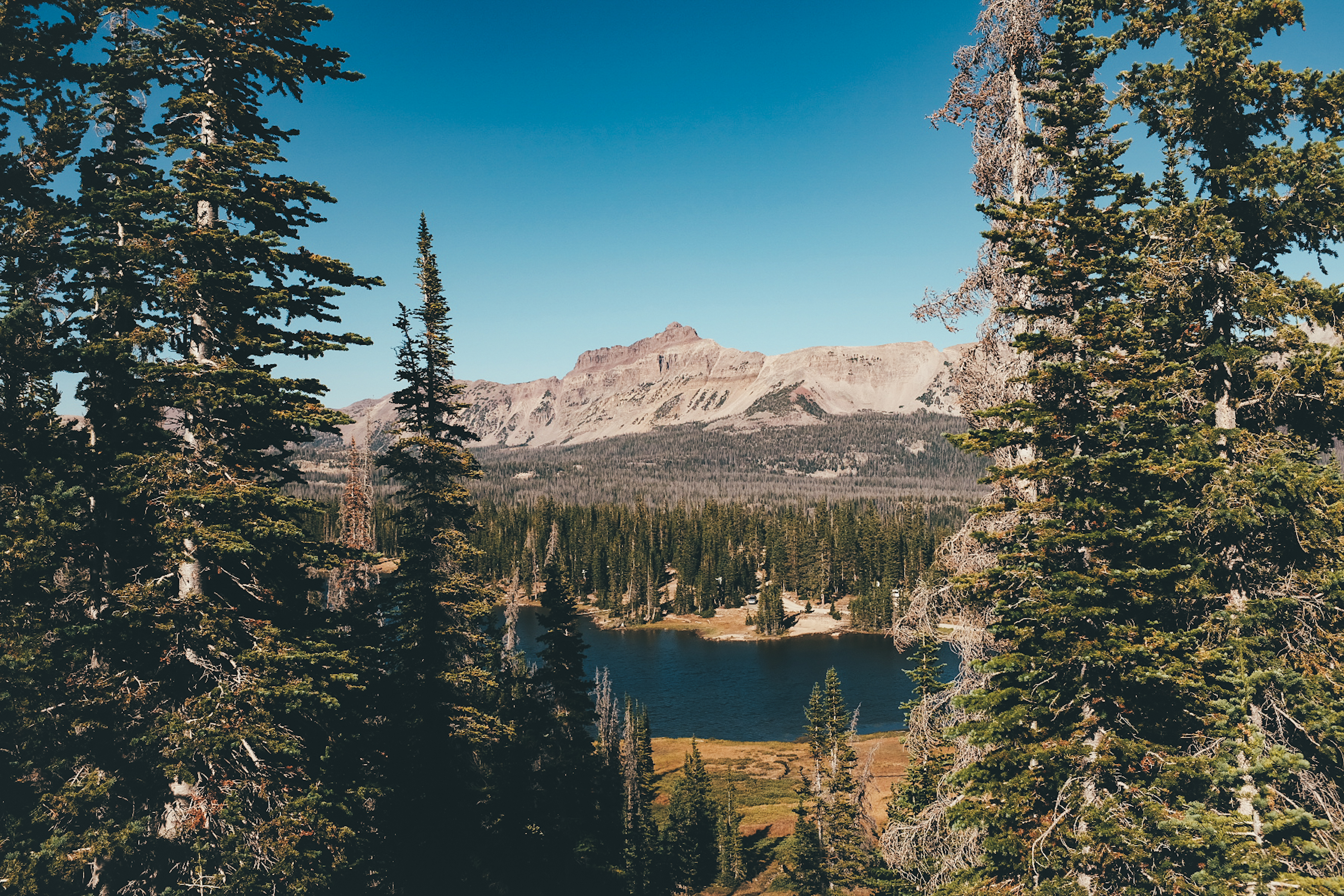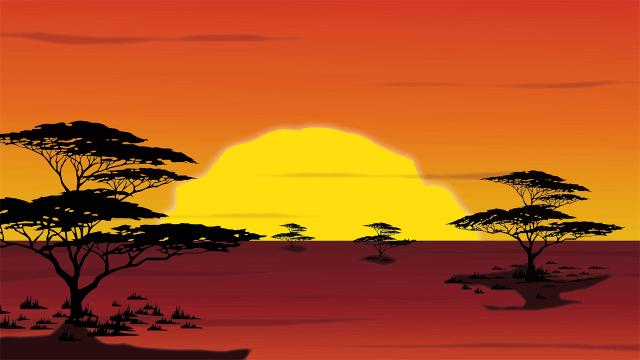Africa natural resources and poverty
Africa is a continent where contradictions appear amplified and almost jarring; you go from large cities with elegant neighborhoods to villages where everything is really lacking, even the minimum to survive with dignity.
The difficult inheritance of colonialism
It is not easy to understand Africa with states that from one day to the next can divide, change names, disappear to then reappear with another name, another anthem and an entire history to rewrite for better or for worse. Just think of Congo: during the colonial period it was indicated as Belgian Congo, then decided to resume its ancient original name of Zaire and following wars and internal struggles with thousands of victims it became the Democratic Republic of Congo.
The same can be said for Sudan: first only Sudan and then with much suffering and in this case too many victims South Sudan separated and gave rise to a new very poor state but with so much desire to emerge and find its place in the world. Today the old Sudan has divided into two autonomous state entities, Sudan and South Sudan, both very poor but extremely rich in natural resources.
A continent with immense natural resources
The only certain thing about Africa are its extraordinary natural resources which include oil, diamonds, rare earths very useful for building high-tech products like coltan, a mineral present in all our smartphones. Even the uranium used particularly by France to keep its nuclear power plants active comes from Africa and keeps the former colonies always tied to what was once the mother country.
Coltan hides in our cell phone and in our game console, in our computer, but also in surgical materials, photovoltaic cells, cameras, airbags and optical fibers. A WWF report highlights that due to the exploitation of coltan in the Kahuzi-Biega National Park and the Okapi Wildlife Reserve, the elephant population is almost zero compared to about 3,600 counted in ’96 and 220 gorillas out of 440 in ’96 and in general all animals are suffering.
In Africa natural resources are huge, they could alone constitute a great wealth for African nations with benefits for many citizens who work honestly and hard in the mines, with diamonds and rare earths, oil and natural gas.
In Congo men, women and children work tirelessly to extract coltan from the earth’s depths, which is needed to make our smartphones work or cobalt to build the batteries of our electric cars and in this case too an investigation by the United Nations has shown that due to corruption the wealth is in the hands of very few and leaves only crumbs to the workers.
Just think that “80% of everything extracted from underground mineral resources is exported to other continents for further processing. But Africa’s wealth from the earth is barely evident in the true sense of the word. More than three quarters of the gold mines in the world take place on this continent. Diamonds mined outside this continent account for less than thirty percent of the world total. Over half of manganese, chromite and cobalt ores are mined in Africa. A third of phosphates and radioactive uranium are also mined from within the continent. And the natural resources of North Africa are large oil reserves.”
Benefit or curse?
Immense diamond mines, a flourishing extractive industry and a multi-million dollar turnover market every year but nothing is directed to workers to improve their condition
Most of the mining companies operating in Africa are owned by foreign investment funds, to which local governments require only a small portion of the profits varying from country to country. Despite national mining codes and UN guidelines for business and human rights, these companies systematically violate their commitments. Furthermore, government officials turn a blind eye or both eyes to these companies’ behavior on the territory.
This is how Africa’s mineral-rich countries suffer from what is known as the natural resource curse: lack of farmland in Senegal, bald children with respiratory diseases in Zambia, contaminated water wells in South Africa, child labor exploitation in the Democratic Republic of Congo, human rights violations in Madagascar, environmental pollution in Nigeria, financing of armed groups in Rwanda. The list would be long and, in many cases, these violations of international treaties occur in African countries with the implicit consent of the new colonizers.
Magnates, traffickers, warlords and a corrupt elite think the state is their exclusive property and exploit it without thinking of the consequences, without realizing that in this way everyone loses. This is how natural resources become a curse and bring misery, conflicts, political instability and the loss of sovereignty over entire areas.
Exploitation, corruption and poverty
The biggest evil in Africa is called corruption and in the African continent corruption is now endemic. Corruption in Africa is very different from the corruption that also exists in richer countries: “it is much worse, in the vast majority of cases it is a way of life: the policeman who, strong in his uniform, extorts money and privileges is corrupt. The corrupt teacher and nurse who demands a bribe to do their job is corrupt.
The corrupt civil servant and customs officer who does not cause you problems as long as you pay is corrupt. In such a context it is impossible for any form of development,” as an article on Africa Rivista observed as early as 2013. According to Transparency International, the Democratic Republic of Congo ranks 170th out of 180 for corruption, Libya is 173rd and South Sudan is in 179th place, a sign that corruption in Africa is a problem that is becoming more and more serious.
The enormous wealth derived from oil, diamond and rare earth trade ends up in the hands of a few already rich people who do not use it to improve the standard of living of the entire population and workers but only for their personal gain. Exploitation, violence and a life at its minimum for every human being are the norm for many, too many workers who, despite working grueling shifts, are not adequately compensated.
If you look at the Human Development Index drawn up and updated by the United Nations, you can see that African countries are almost all at the bottom of the ranking: Countries like Congo, Mali, South Sudan despite being soils rich in all kinds of natural resources cannot improve precisely because of the high corruption.
Another relevant problem that arises is that of metal and rare earth mines where even children work to the limit of endurance and “child labor is concentrated especially in the poorest areas of the planet, as a byproduct of poverty” notes Unicef. In Dakar alone, Senegal’s capital, there are 8,000 children who live as beggars, Unicef also says, and there are even more minor workers paid as poorly as day laborers in contact with dangerous substances that put their future development and in some cases even their lives at risk.
Eradicating corruption might perhaps make these people’s lives better, perhaps a more equitable distribution of wealth. Perhaps a more decisive, more resolute fight against corruption that really attacks the deep causes, that digs to the bottom to get to the real problems could be a solution.
It is not easy to go all the way and eradicate corruption at the root but if everyone does their small part to say enough to the corrupt and their dirty power games, the effects of corruption on people’s lives in poor countries struggling every day for a dignified life could at least be diminished. Corruption always takes something away from us, the thirst for power and greed ensure that poorer people are exploited and do not receive fair compensation for their work and this is why the real fight must be for a more equitable distribution of wealth, wealth that knows how to reward those who really work to produce it…

Originally posted 2023-12-18 11:05:41.




